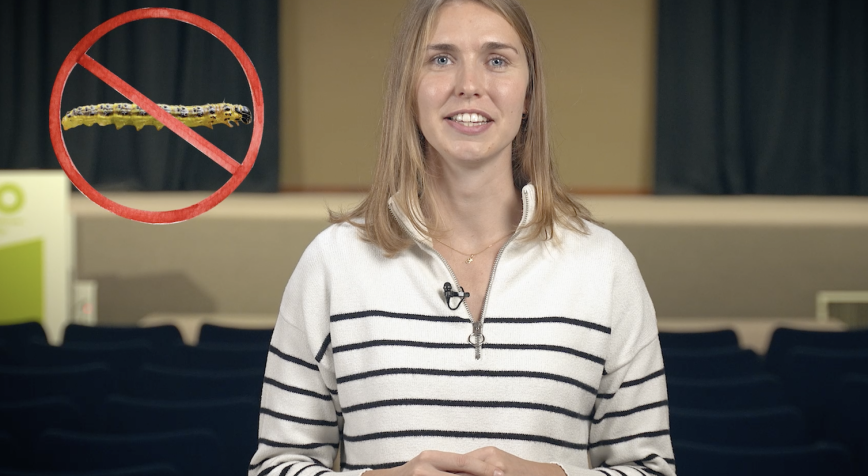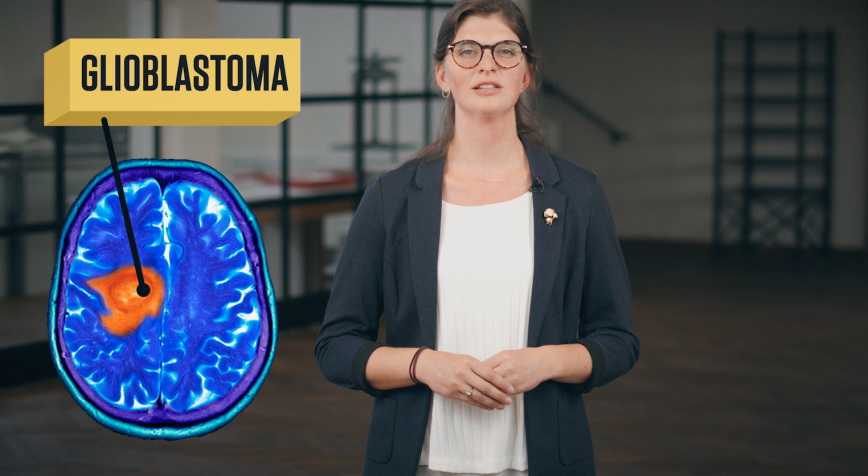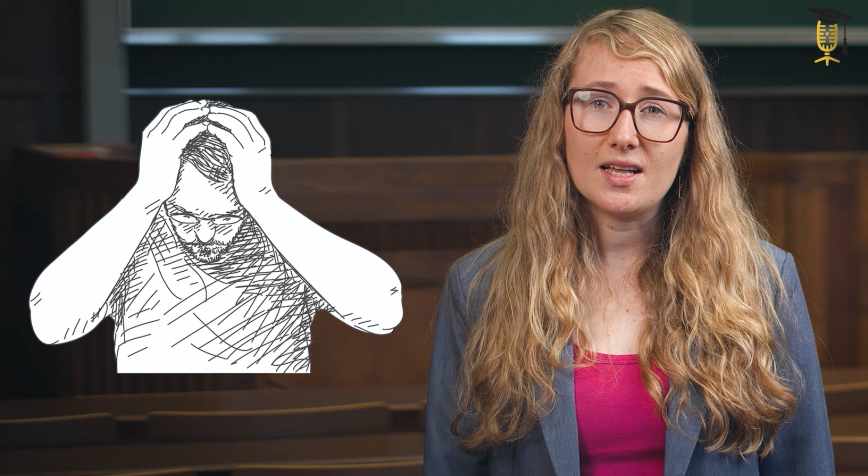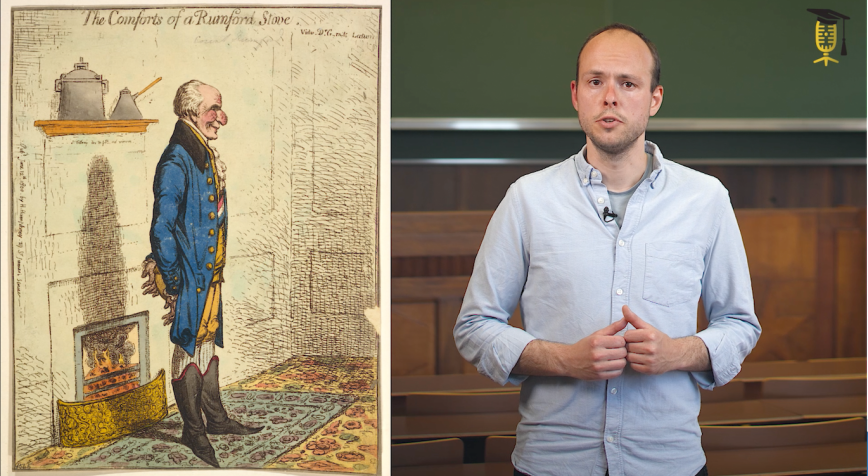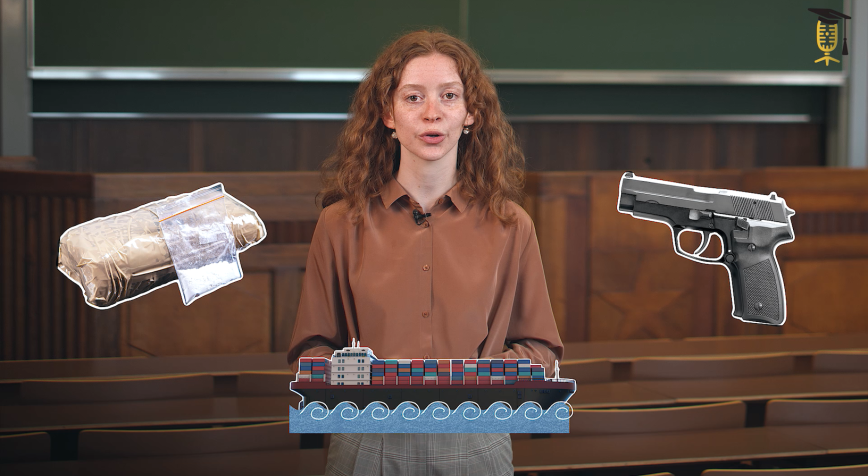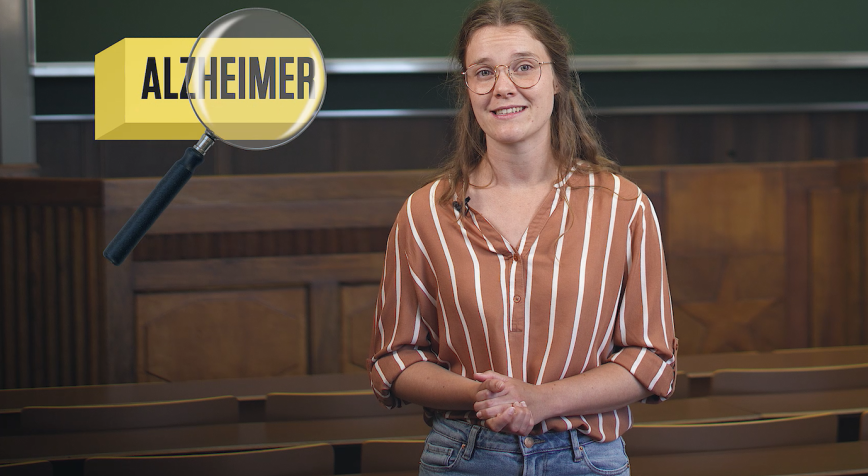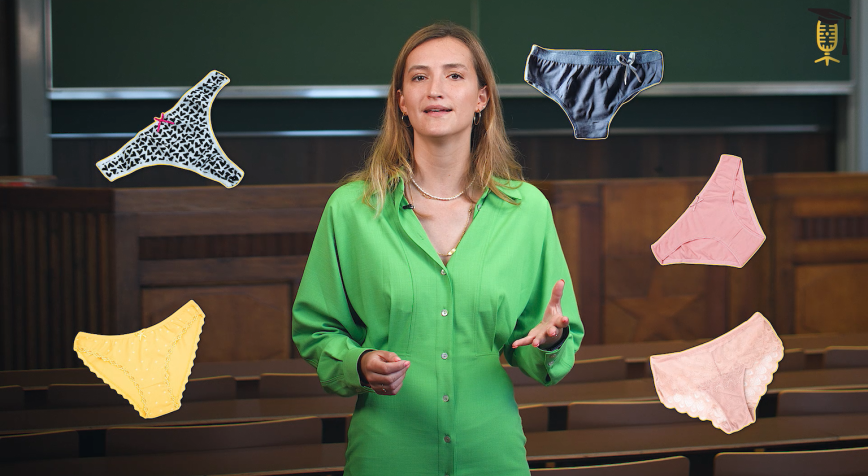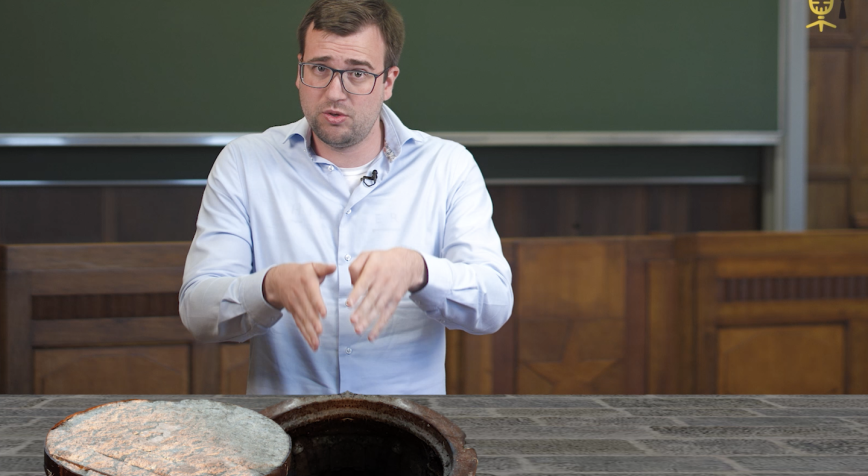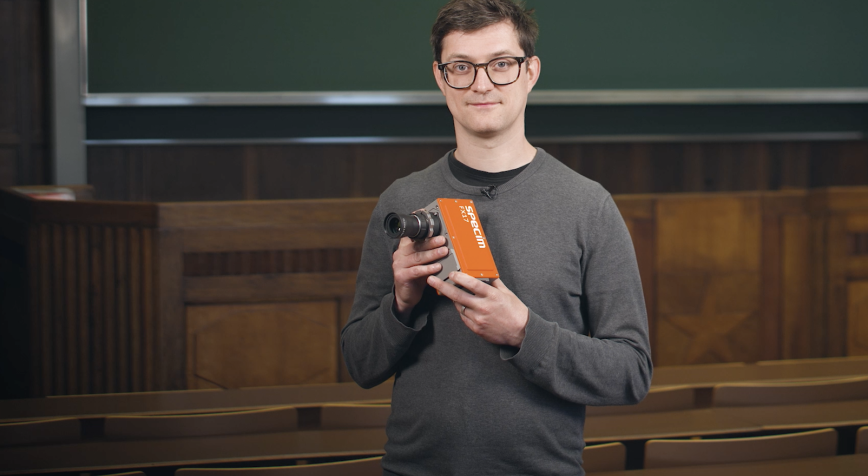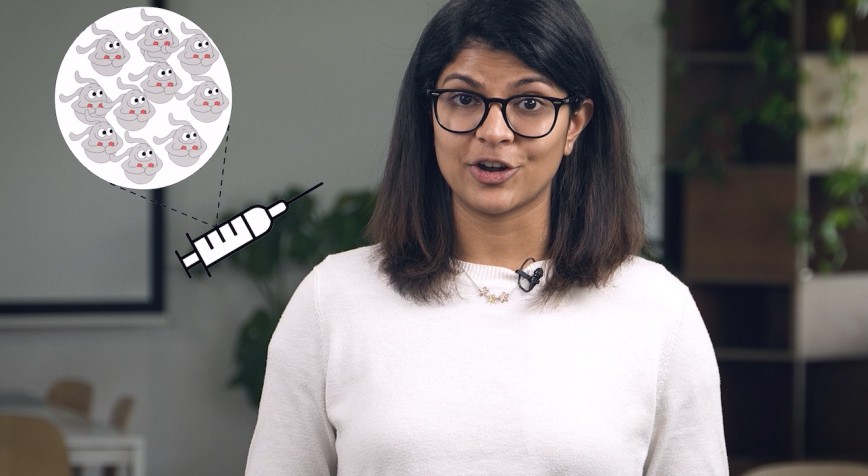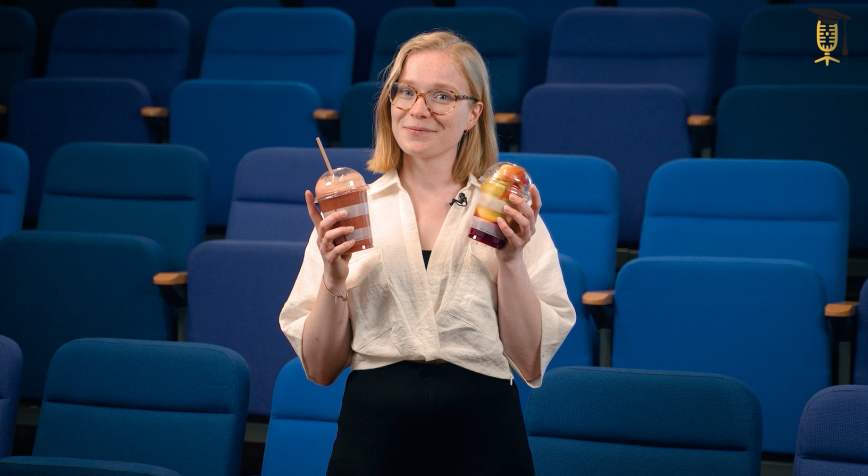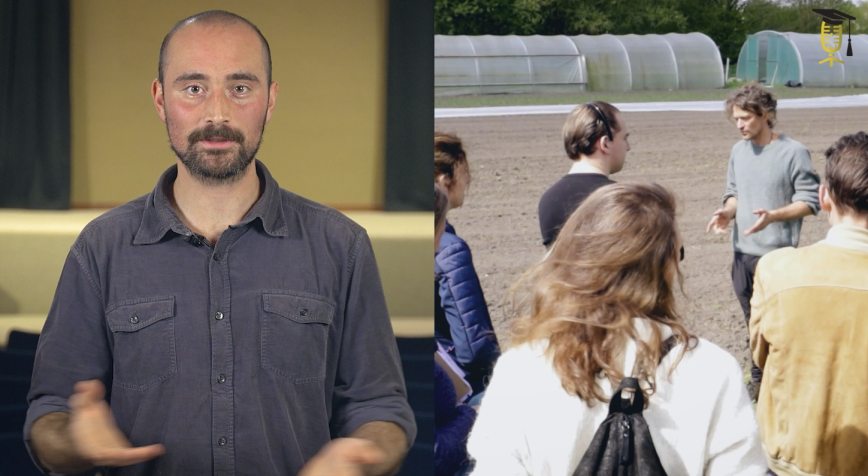
ILVO
UAntwerpen
Farmers learning from farmers
Farmers constantly need new knowledge in this rapidly changing world, for example on how to deal with climate change or what to do with new pests and diseases that threaten their crops. "Research shows that the best way for farmers to meet these challenges is to learn from other farmers," Simon Lox explains. That's why Simon organises Farm Demonstration Networks. Watch him explain what all that entails.
